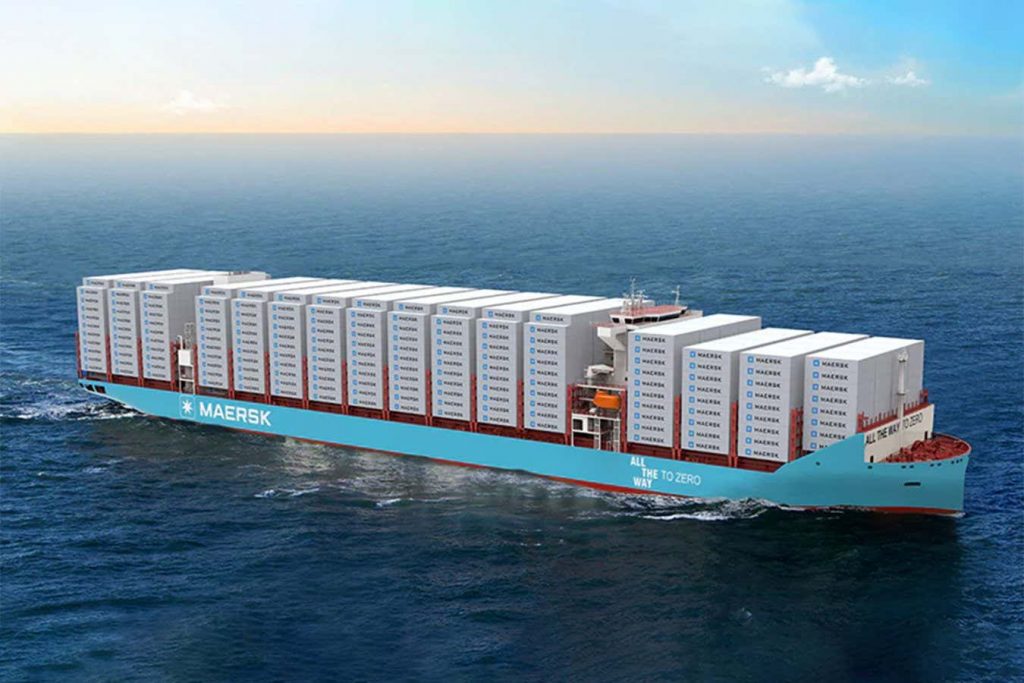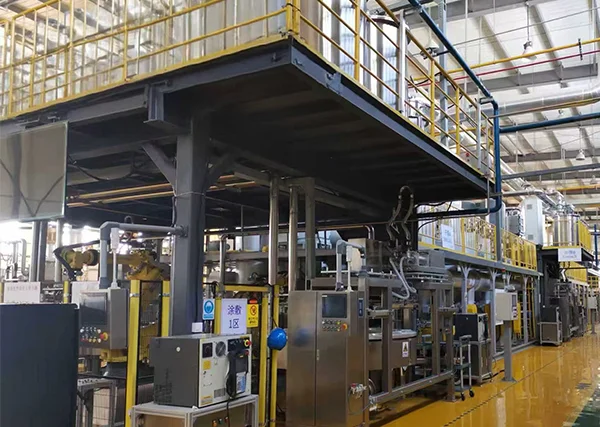
Container ships play a crucial role in the global economy by transporting goods across vast distances. These massive vessels are the backbone of international trade, carrying a wide range of products from one corner of the world to another. In this article, we will delve into the fascinating world of container shipping and explore what these ships carry, highlighting their significance and impact on global commerce.
- The Evolution of Container Shipping:
To understand what container ships carry, it is essential to trace the evolution of container shipping. The concept of using standardized containers for transporting goods revolutionized the industry in the mid-20th century. This innovation simplified logistics, improved efficiency, and reduced costs. Today, containerization is the dominant method of shipping goods worldwide. - Types of Cargo:
Container ships transport a diverse range of cargo, catering to the demands of various industries. Some of the common types of cargo carried by these vessels include: a. Consumer Goods: Container ships transport a vast array of consumer goods, including electronics, clothing, furniture, and household items. These products are manufactured in one part of the world and shipped to markets across the globe. b. Raw Materials: Container ships also carry raw materials such as minerals, ores, and agricultural products. These materials are essential for industries like manufacturing, construction, and agriculture. c. Industrial Equipment: Heavy machinery, equipment, and components are transported via container ships. These items are crucial for industrial operations and infrastructure development worldwide. d. Automotive Products: Container ships play a significant role in the global automotive industry by transporting vehicles, spare parts, and accessories. This ensures the availability of a wide range of automobiles in different markets. e. Chemicals and Hazardous Materials: Container ships adhere to strict safety regulations when transporting chemicals and hazardous materials. These shipments are carefully managed to ensure the safety of the crew, the vessel, and the environment. - Specialized Cargo:
Container ships are also designed to carry specialized cargo, including: a. Reefer Containers: These containers are equipped with refrigeration systems, allowing the transportation of perishable goods such as fruits, vegetables, pharmaceuticals, and other temperature-sensitive products. b. Oversized Cargo: Some container ships are equipped with special cranes and handling equipment to transport oversized cargo like heavy machinery, turbines, and even entire prefabricated structures. - Economic Impact:
The efficient transportation of goods by container ships has a profound impact on the global economy. It enables international trade, promotes economic growth, and connects markets worldwide. Container shipping has facilitated the rise of global supply chains, allowing businesses to source materials and products from different countries, thereby reducing costs and increasing competitiveness.
Conclusion:
Container ships are the lifeline of global trade, carrying a wide range of goods that fuel economies and connect nations. From consumer goods to raw materials, these vessels transport the essential components of modern life. Understanding what container ships carry helps us appreciate their significance in driving economic growth and fostering international cooperation. As the world continues to rely on global trade, container shipping will remain a vital industry, shaping the future of commerce.




